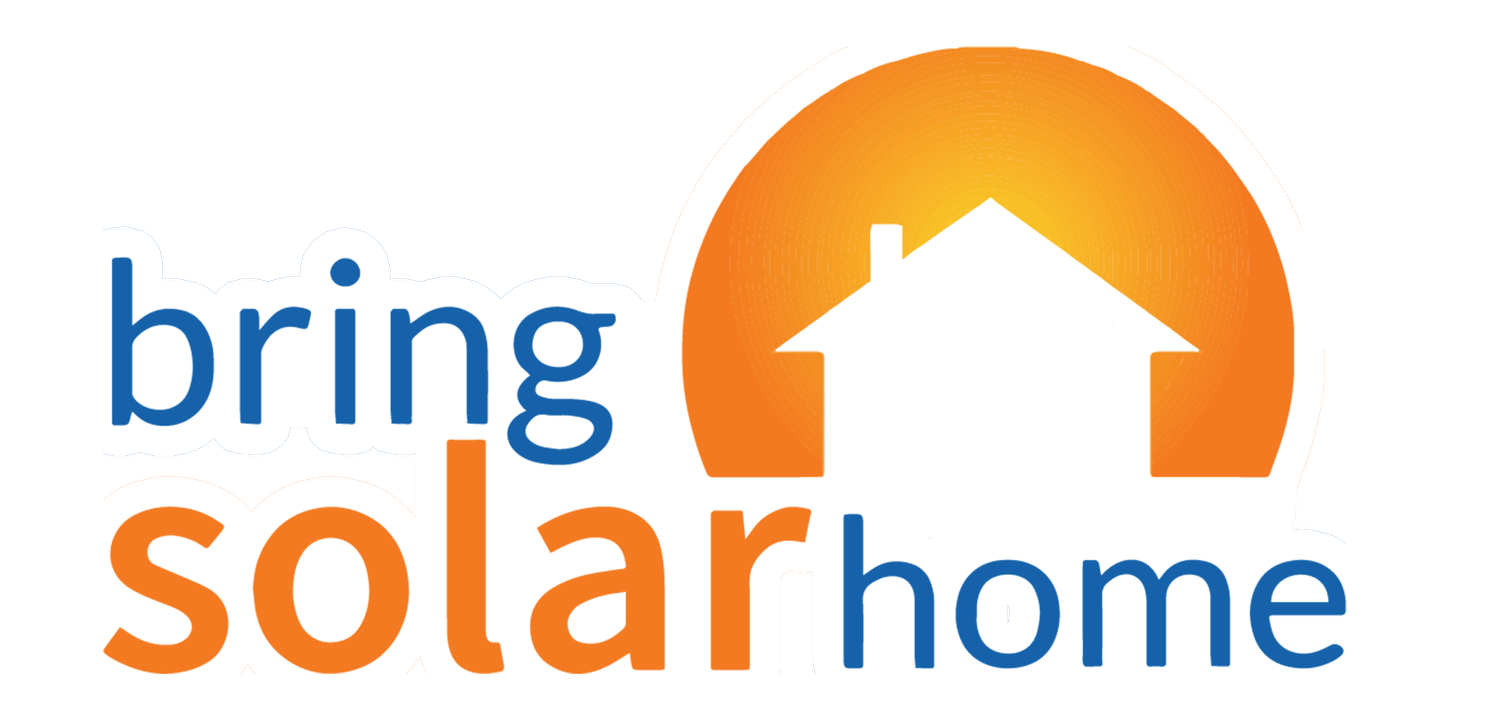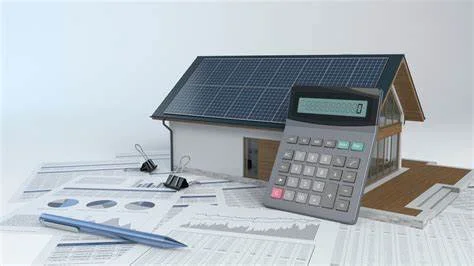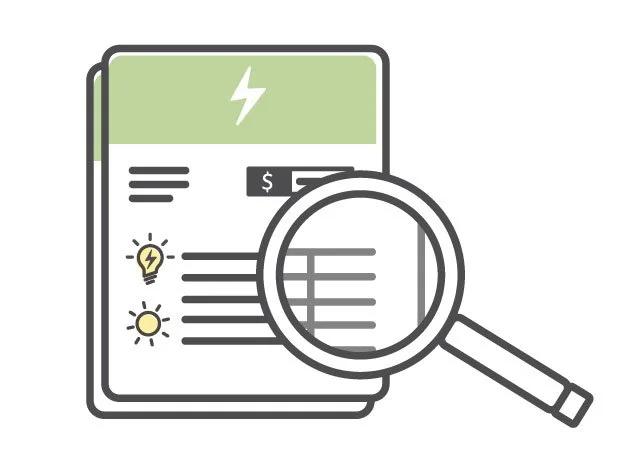LEARN
-
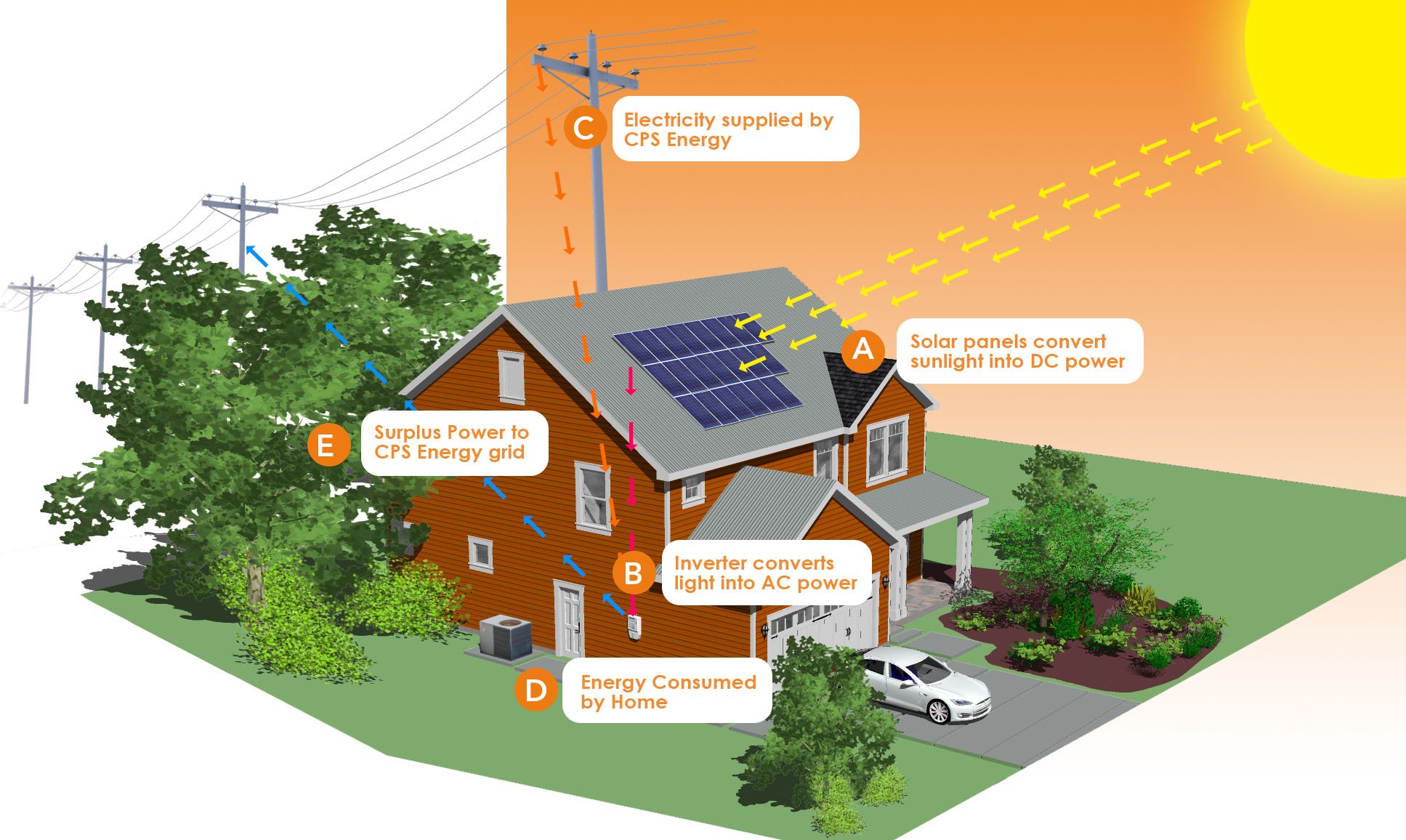
How Solar Energy Works
-

Factors To Consider
-

How To Make Your Home Energy Efficient
-

How To Decide On A Solar Installer
-
How To Compare Quotes
-

Steps to Go Solar
-

Guide To Federal Tax Credit
-
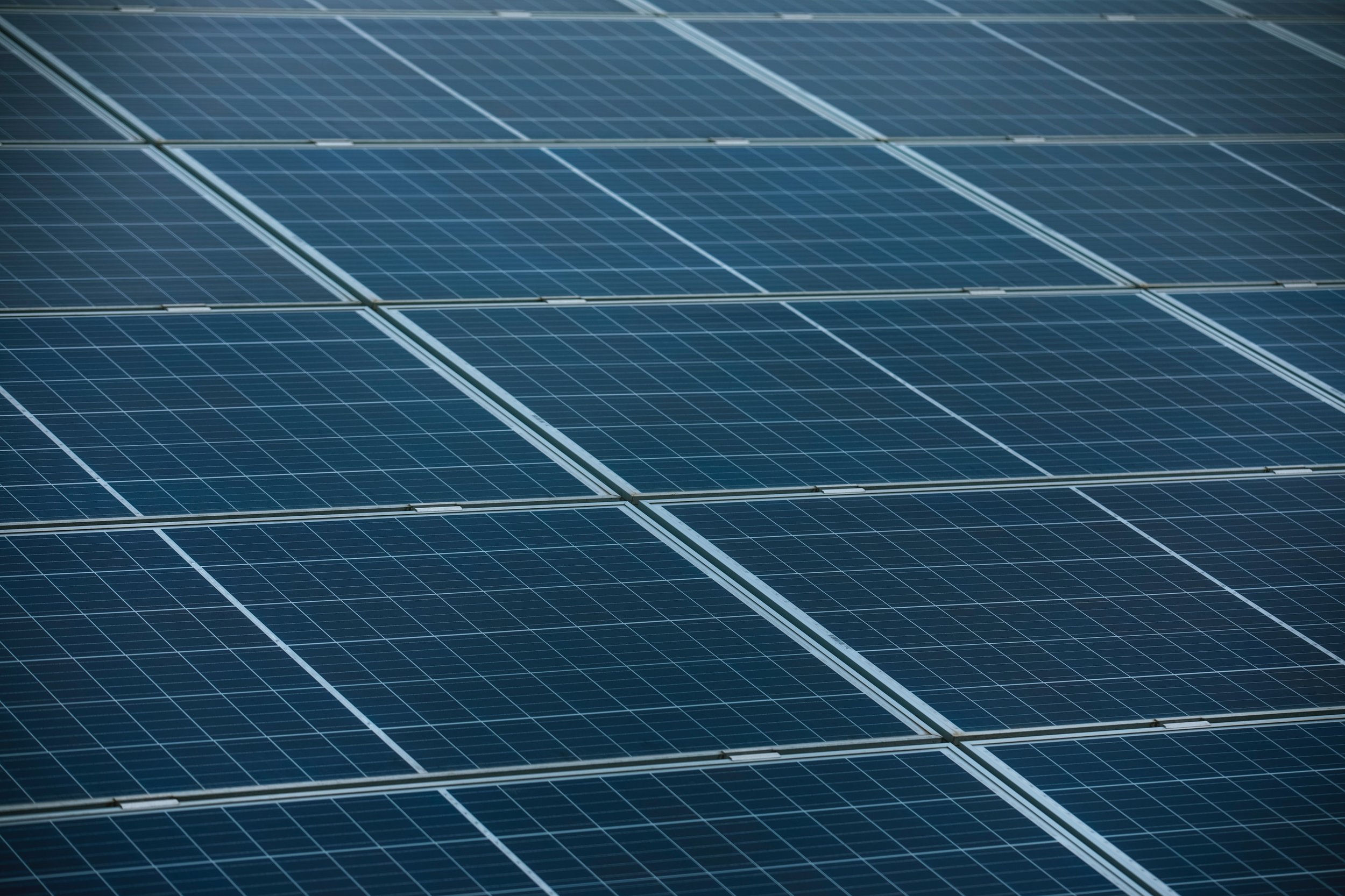
Solar Loans 101
-

How To Read Your Bill
-

Community Solar
HOW SOLAR ENERGY WORKS
Factors to Consider When Installing Solar on Your Home or Business
Are you considering if solar power is the right option for you, your home, or your business? These are some of the primary factors to consider when thinking about going solar.
Roof Orientation- The roof does not need to face perfect solar South (195 degrees). A roof with a +/- 90 degrees orientation and a pitch between 5–12 will typically be suitable for rooftop solar.
Shade-free site- The roof space should be located in a shade-free area. In order to maximize solar performance, it is ideal that there is a clear solar window from 9am-3pm, year round.
Obstructions- Vent pipes and chimneys should be avoided on the roof as well as roof features such as dormers, cent pipes, and other roof mounted utilities as they can make it difficult to install solar arrays.
Roof Characteristics- Asphalt and standing seam metal roofs are ideal choices when installing a solar system.
Roof load- Talk to your solar installer about the local requirements (IB 153) for the installation of PV Solar to ensure your roof has the appropriate structural capability.
Solar-Ready- If you are not ready for solar yet, your home can still be prepared for a future installation. Talk to your builder, contractor, licensed electrician and/or solar installer to determine what steps can be done prior to installing solar. Some of these preparation items can include: identifying the solar roof area, future equipment location, and possible interconnection pathways.
MAKE YOUR HOME ENERGY EFFICIENT
When a solar installer designs a system for your property, they look at two items: the attributes of your roof and your energy usage. Implementing efficiency measures in your home will lower your energy usage. The effect of lowered energy usage will reduce the size of the solar system needed in order to meet your energy goals.
Making A New Home Energy Efficient
Making An Existing Home Energy Efficient
-
Learn More About Energy Efficiency
-
Learn More About CPS Energy Energy Efficiency Rebates
How to Decide on a Solar Installer.
How to Compare Quotes
-
First calculate the size of your system, multiply the wattage of your solar panel by the number of solar panels that will be installed.
Example: 325 watt Solar Panel
x 16 Panels
= 5,200 watts / 1,000 = 5.2 kilowatt system
Then calculate price/watt by dividing the total system cost by the system size.
Example: $20,000
÷ 5,200 watts
= $3.85/watt
-
Solar Panels- When the sun shines onto a solar panel, energy from the sunlight is absorbed by the PV cells in the panel.
-There are many options when it comes to solar equipment.
The wattage of panels can differ but typically ranges from 265-400.
-Remember that panel wattage is used to calculate the size of your system.
Inverters- Inverters convert the sun’s rays from your panels into power your home can use.
-There are many options when it comes to inverter equipment.
Microinverter vs String Inverter vs Optimizer
-Microinverters are 1 piece of equipment installed under every panel. They are good for scenarios with shading.
-String Inverters are 1 central inverter (depending on system size) -The energy output is dependent on the panel that is performing its worst.
-Optimizers are paired with string inverters to boost performance of the system.
-
-Industry standard is 25 Year performance warranty for Tier 1 Manufacturers.
-When the warranty expires it doesn’t mean that the panels stop working, they may just be less efficient.
-Inverters generally have a shorter warranty.
-It is important to ask your installer about the warranties offered and coverage of installation, workmanship, and roof leaks.
-
-Depending on how you plan to pay for your solar system, it is important to look at the options available to you.
-Most solar companies offer in-house financing, compare rates offered by the installers.
For Example: what are their rates, fees, and monthly payments?
SOLAR STEPS
Solar Loans 101
Solar loans are similar to many other loans you may have used in the past. You agree to borrow an amount of money from a lender to finance your solar system, you then agree to pay it back, plus interest, in monthly installments, over time.
How to read your energy bill
How to read your solar bill
Community Solar
Community Solar gives you financial benefits of solar ownership without having the panels on your rooftop. With this “roofless” solar model, a centrally located facility is built within the community it serves, allowing multiple residents and business owners to buy panels in the same array. The solar power produced is fed back to CPS Energy’s grid, and the utility applies credits on customers’ electric bills for their renewable generation.
